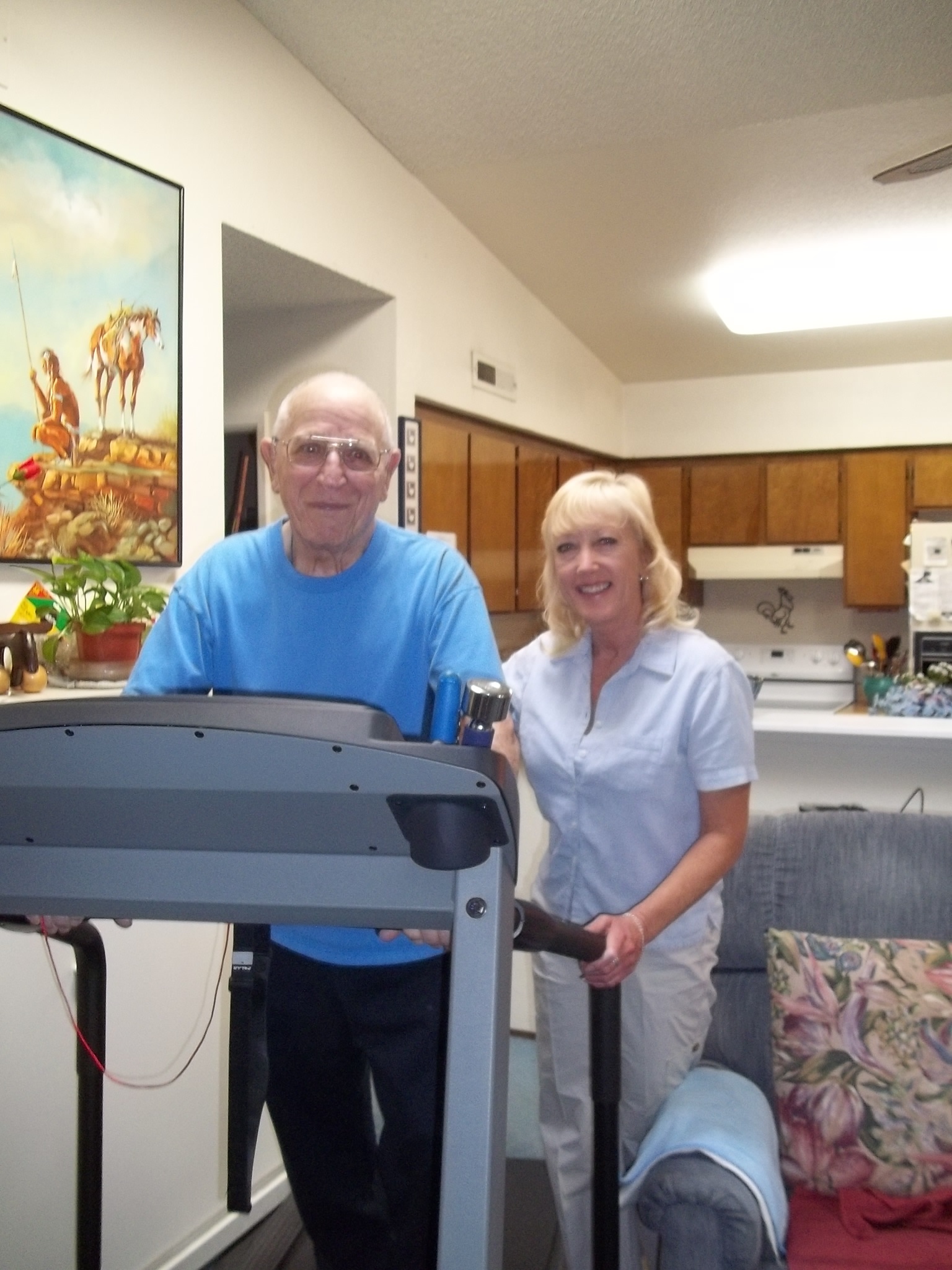What Is Hospice Care At Home?
Table of Content
Sudden weight loss, chest pain, shortness of breath, irregular heartbeat, and insomnia are some of the requirements for hospice care for patients with heart conditions. An ejection fraction less than 20% is not required but may be needed by the hospice to be eligible. If you see these symptoms with impaired blood supply and the patient is unresponsive to diuretics and vasodilators, it may be the time to call for hospice care. Patients with neurological conditions like MS, ALS, Huntington’s, and end-stage Parkinson’s disease are eligible for hospice care. The hospice diagnosis criteria for these conditions are difficulty doing daily living activities and cognitive and sensory impairment.

Co-morbidities, or the presence of two or more medical conditions in one patient, increase the likelihood of hospice eligibility. Dementia is a disease that can progress rapidly or slowly, making it difficult to determine a patient’s eligibility for hospice care. Other than the six-month life expectancy and weak state, to meet the hospice criteria for dementia patients, they have to be experiencing drastic weight loss due to difficulty in eating and drinking. Referrals to hospice may come from any source, but a physician must certify the individual as having a terminal illness with a life expectancy of fewer than twelve months. Patients have the ability to rescind this election and subsequently reapply for hospice benefits at a later date.
Eligibility in context with the hospice decison
COPD and Lung Disease One of the major characteristics that a COPD patient may be hospice-eligible is dyspnea at rest or with minimal exertion. Learn more about Hospice eligibility, benefit and the focus of Hospice care. Our mom was needing assistance with care in her home in Northridge. This forced us to have to hire a around the house in home caregiver.

Medicare, AHCCCS , and most private insurance plans cover the cost of hospice care. If you do not have any insurance coverage, we will work with you and your family to ensure you get the services you need. Hospice Eligibility Guidelines These general and diagnosis-specific guidelines will help you determine if your patient is eligible for hospice.
Frequent medical visits
Soulistic Hospice care is more focused on improving your quality of life, providing comfort-oriented care, and preserving dignity. Hospice also provides medical equipment as well as incontinent supplies and medications to keep your loved one or patient comfortable. Hospice services are 100% covered by Medicare and most private insurances. Soulistic Hospice is a nonprofit organization and strives to provide quality hospice care regardless of ability to pay. If the patient is a Medicare beneficiary, they are entitled to receive as many 60-day benefit periods after the initial six months are up as they need.
After an illness has been certified, there is one more eligibility requirement. Before a hospice care team can step in and begin to help the family, the terminally ill person must state that it is their intention to seek palliative care instead of curative care. This means that all care will now focus on improving quality of life and relieving pain rather than on life-prolonging treatments. Patients are eligible for hospice care when a physician makes a clinical determination that life expectancy is six months or less if the terminal illness runs its normal course.
Hospice Eligibility Criteria
Hospice care changes the focus to comfort care for pain relief and symptom management instead of care to cure the patient’s illness. While no specific number of symptoms is required to qualify for hospice, these guidelines can help determine if a patient’s condition is appropriate for hospice care. In order to begin hospice care, patients must meet hospice eligibility requirements established by the U.S. The hospice team will work with the family to create a schedule of nursing visits and to provide help with activities of daily living, such as bathing or personal care. Alternatively, if hospice care isn’t working out for your family for whatever reason, you can stop it and do something else that may work better for your particular situation.

Wherever a patient calls “home,” hospice will be there to help. In fact, in one Dartmouth study, of the patients who wanted to die at home, more than half died in the hospital. Most people who have serious illnesses say they would prefer to die at home.
Eligibility for hospice care is determined by your insurance carrier; for Medicare patients, eligibility begins when your doctor determines you have six months left to live. Doing so will help ensure that you receive all the benefits of hospice care for the full period you're eligible. Hospice is available to patients with a terminal diagnosis and life expectancy of six months or less, as determined by the patient's doctor and a hospice medical director. The patient or the family must be aware of the prognosis and decide on comfort care rather than curative treatment for the terminal condition.
They’ll also speak with you about hospice insurance and Medicare benefits. So you, or your loved ones, can get the type of care you need, where you want to receive it. Medicare doesn’t cover room and board when you get hospice care in your home or another facility where you live . When the patient continues to be weak, is hospitalized more often, and can no longer move alone, hospice care comes into the picture. It’s also an option when there is no one else to care for their patients anymore due to work or personal reasons such as stress and fatigue.
In order to abide by the law, a healthcare professional has to confirm that a patient meets the guidelines for receiving hospice care by getting a referral to one of the many hospice providers. Once confirmed, a patient becomes able to receive 24/7 comfort care and support. Hospice care also assists families in resolving practical challenges that inevitably come up during the end of someone’s life. Hospice care has a vital role to play at the late stage of a patient’s life who is suffering from a terminal illness.

Care usually takes place at your home, but your insurance may cover other options so make sure to ask. To learn more about the basic services available to you through hospice, click here. Alzheimer's and Dementia When patients with dementia or Alzheimer’s can no longer move around, get dressed, bathe, or speak, they may be eligible for hospice care. The illness is terminal (a prognosis of ≤ 6 months) and the patient and/or family has elected palliative care. Medicare allows and reimburses for a one-time visit by a physician who is either the medical director of or employee of a hospice agency. Consultations are free to patients and family and without obligation.
Patients with metastatic cancer who choose not to undergo curative treatment other than chemotherapy are also eligible. Patients with pancreatic, CNS malignancies, and small cell lung cancer are eligible for hospice care without the other hospice cancer criteria. Hospice care includes a team of health professionals who support patients and their families. It’s not only physical but also emotional and spiritual support at home, in nursing homes, or other health care facilities. The Medical Rights Center recommends that the assessment process should be taking place prior to the end of the current period of hospice care. However, it shouldn’t be done any sooner than 30 days before the next period.

If the patient reaches the end stage of Parkinson’s Disease, they will need help from family or nurses at all times. They will require proper care, physically, mentally, and spiritually. How to know if the patient is in the end stage of Parkinson’s Disease? The symptoms that show the medications and therapy don’t work anymore are the loss of balance and coordination in the body, poor speech, loss of smell, and inability to stand or walk alone. At this period, the patient may need to use a wheelchair, become bedridden, and experience depression.
You sign a statement choosing hospice care instead of other Medicare-covered treatments for your terminal illness and related conditions. The core services are nursing and physician services, medical social services, nutrition counseling, and spiritual and bereavement counseling. Hospice can also provide home health aide and homemaker services, medical supplies and appliances, physical therapy, occupational therapy, speech therapy, and short-term inpatient care. Hospice is a comprehensive, holistic program of care and support for terminally ill patients and their families.


Comments
Post a Comment